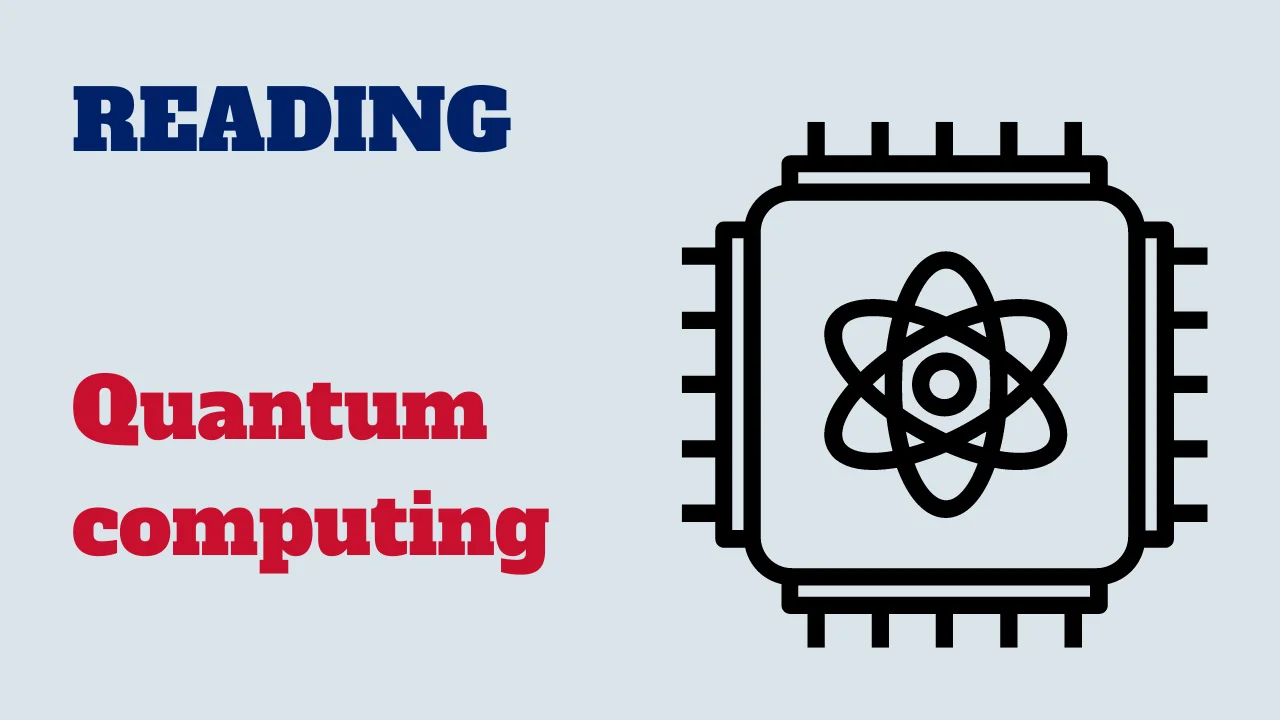Welcome to an exploration of quantum computing! In this reading activity, we’ll Examine the great world of quantum computing and how it is revolutionizing the field of computation.

Discover the principles behind quantum computing, its potential applications, and the challenges it faces.
Text: Quantum computing
Quantum computing is an innovative field that leverages the principles of quantum mechanics to perform computations far beyond the capabilities of classical computers. Unlike classical computers, which use bits as the smallest unit of information (represented as 0 or 1), quantum computers use quantum bits, or qubits, which can exist simultaneously in multiple states due to the phenomenon of superposition.
One of the most intriguing aspects of quantum computing is entanglement, a quantum phenomenon where qubits become interconnected in such a way that the state of one qubit instantly influences the state of another, regardless of distance. This interconnectedness allows quantum computers to process vast amounts of data simultaneously, exponentially increasing their computing power.
The potential applications of quantum computing are vast and transformative. In cryptography, quantum computers could crack traditional encryption methods in seconds, leading to the development of new, quantum-resistant encryption techniques. In pharmaceuticals, quantum simulations could model complex molecular interactions, accelerating drug discovery and development processes. Similarly, in materials science, quantum computing could enable the discovery of new materials with unique properties, revolutionizing various industries.
Quantum computing also holds promise for solving complex optimization problems found in logistics, finance, and artificial intelligence. For example, quantum algorithms could optimize supply chain operations, enhance financial modeling, and improve machine learning techniques, leading to more efficient and intelligent systems.
Despite its potential, quantum computing is still in its nascent stages, with significant technical challenges to overcome. Maintaining qubits in a stable state, minimizing errors, and scaling up the number of qubits are among the primary hurdles researchers face. However, ongoing advancements in quantum hardware, error correction, and quantum algorithms are steadily bringing practical quantum computing closer to reality.
In summary, quantum computing represents a paradigm shift in computational technology, with the potential to revolutionize numerous fields by solving problems currently beyond the reach of classical computers. As research progresses, quantum computing promises to unlock new frontiers of knowledge and innovation, fundamentally transforming the way we process and understand information.
Comprehension questions
Congratulations on completing the exploration of quantum computing! You’ve gained insights into the principles, potential applications, and challenges of this cutting-edge technology. As quantum computing continues to evolve, it promises to revolutionize various fields and unlock new possibilities in computation and problem-solving.



